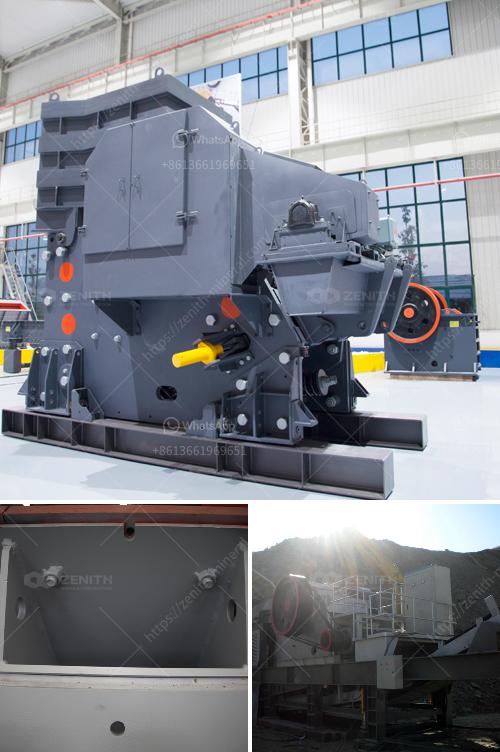An impact crusher offers several advantages over other types of crushers, which might make it the preferred choice depending on the specific project requirements:
Efficiency: Impact crushers provide a high reduction ratio and produce a very consistent shape and particle size distribution, making them highly efficient at reducing materials to a desired size.
Versatility: Impact crushers can be used for a variety of materials, from soft to medium-hard stones and even recycling concrete. They are highly adaptable and can crush materials with varying levels of hardness and abrasiveness.
Product Quality: The crushing mechanism in an impact crusher ensures a uniform and cubical product, which is particularly useful in construction applications where such shapes are preferred for better compaction and strength.
Lower Operational Costs: Impact crushers often have lower operational costs due to their ability to handle relatively large feed sizes and their efficient crushing capabilities. This can mean reduced need for secondary or tertiary crushing stages.
High Throughput: These crushers can process a significant amount of material in a relatively short amount of time, making them suitable for high-volume operations.
Reduced Wear Costs: The design of impact crushers often incorporates wear-resistant materials that reduce the cost of wear and tear, hence lowering long-term maintenance costs.
Flexibility: Many impact crushers offer adjustable settings that can be fine-tuned to achieve different product sizes and characteristics, which can be beneficial for various project specifications.
In conclusion, while other types of crushers like jaw crushers, cone crushers, and gyratory crushers have their specific advantages and uses, an impact crusher may be particularly advantageous for applications requiring efficiency, versatility, consistent product quality, and lower operational costs.
